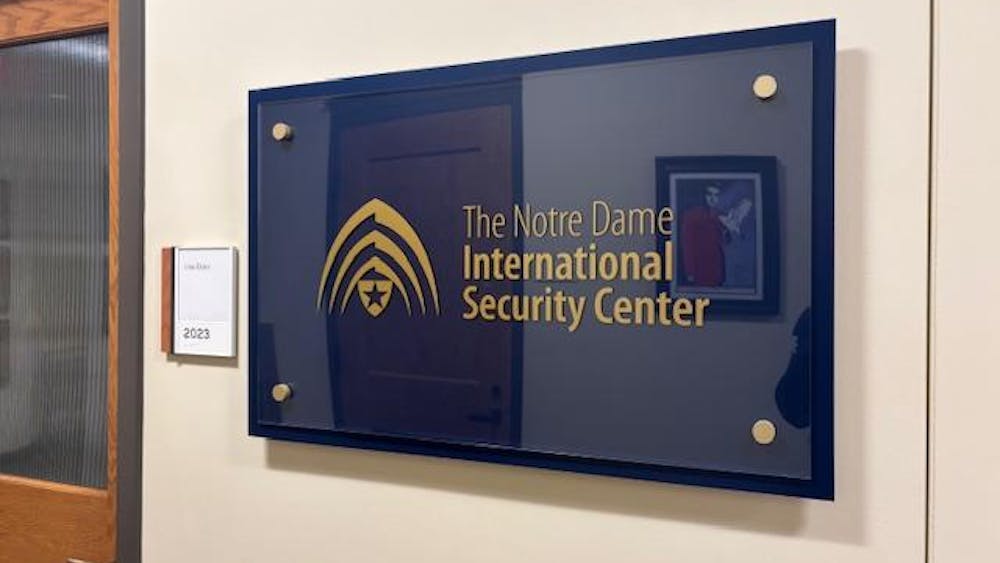Laurie Nathan, a visiting research fellow from the Kroc Institute for International Peace Studies, lectured on international mediation — a form of conflict management in which mediators abide by specified objectives, strategies and norms — at Hesburgh Center on Friday.
Nathan said locating literature on the topic is an arduous task, which makes it difficult for people to understand the level of authorization and requirements given to mediators.
“There’s not a single logical [publication] that provides a systematic analysis of the mandate,” Nathan said.
Nathan said six varieties of the mediation mandate exist, including the constitutional mandate, which authorizes an organization to conduct mediation. Confusion about this mandate can lead to serious consequences, such as the prolonged peace mediation in the 2009 Malagasy political crisis, according to Nathan.
“The U.N. had a mandate to mediate, the African Union had a mandate to mediate and [the Southern African Development Community] had a mandate to mediate,” Nathan said. “These three organizations had a very vicious diplomatic fight over which of them would lead the mediation.”
The political mandate plays an integral role in the outcome of a mediation because it provides mediators with various instructions and approaches to the peacemaking process, Nathan said. In the Madagascar mediation of 2009, a rejection of the original political mandate resulted in the crisis lasting for 18 months, according to Nathan.
“So you can see here, in a succinct way, how a mandate contributes to prolonging a constitutional crisis over 18 months,” he said.
Nathan said the normative mandate and the organizational mandate both provide general norms and detailed requirements for mediation, while the parties’ mandate and the donors’ mandate are demands set by parties and funders in the negotiation. He said the various branches of the mediation mandate provide mediators with the parameters necessary to help states reach a consensus.
“When you can’t get consensus from member states around a particular conflict, you can see how important that mandate is,” he said.
According to Nathan, the mediation mandate could potentially lead to disputes between member states who have differing interpretations of its parameters. He said although the mandate can be useful, it also carries drawbacks.
“At the flip side of the coin, the mandate can be significant by impairing the effectiveness of the mediation,” he said.
Read More
Trending









